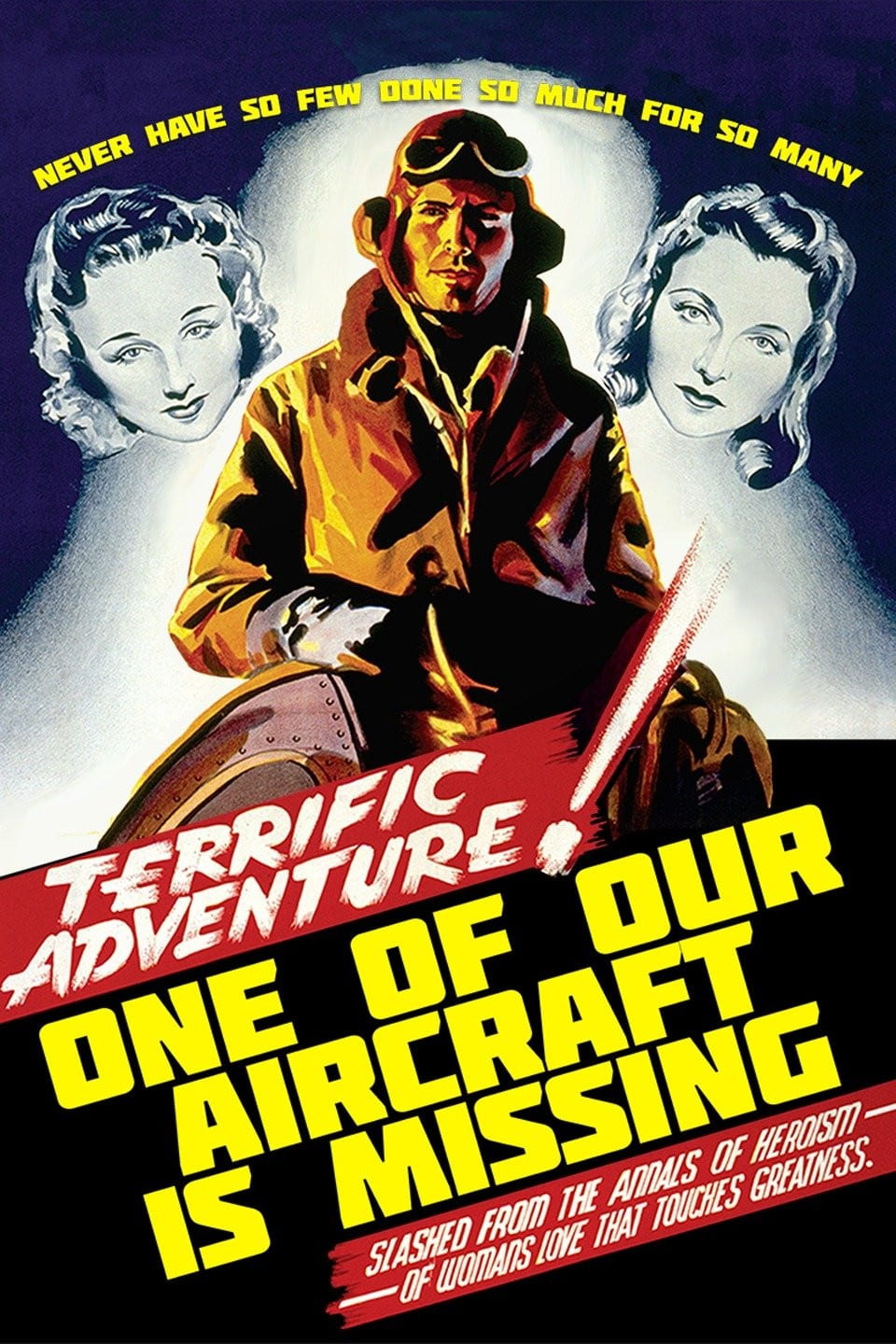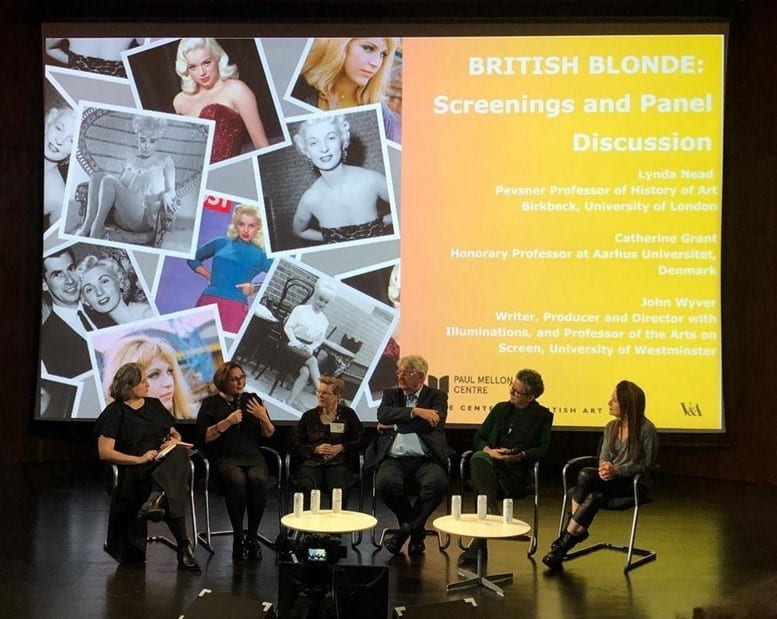By Sajad Sotoudeh, PhD Film and Television candidate, School of Arts
In the final entry to our series spotlighting PGR summer internship projects, PhD Film and Television candidate Sajad Sotoudeh explains his collaboration with Dr Nariman Massoumi on a film essay that explored the perceptual experience of the flâneur in the metropolis. Flânerie refers to wandering through the modern city, a concept that has intrigued many thinkers, including Walter Benjamin, Charles Baudelaire and Guy Debord.
My collaborative project with Dr Nariman Massoumi centred on two historical figures: Virginia Woolf (1882-1941), a Western writer, and Naser al-Din Shah Qajar (1831-1896), the king of Iran, focusing on their flânerie in London in late nineteenth and early twentieth centuries. Virginia Woolf was an English writer who is considered one of the influential figures of modern literature. She wrote about the experience of the figure of flâneur in the modern city. Naser al-Din Shah Qajar, the monarch of Iran for fifty years, was also a photographer and writer interested in traveling to Europe and seeing the manifestations of Western modernity.


We were interested in drawing on and entangling their unique mobilised gaze of the city into a dialogue or conflict to initiate new interpretations of urban modernity, postcolonialism, and gendered perceptual experience. Our project aims to create a visual impression of their contrasting perspectives as they walk London in parallel, across time and space. Through the meeting of these two historical figures on film, a layered encounter across temporal, gendered, and cross-cultural lines is intended. Using formal experimentation, the film will seek to examine an alternative historiography based on a non-linear approach to uncover neglected moments in the history of everyday life.
In the initial phase, Dr Massoumi and I examined various texts regarding Virginia Woolf and Naser al-Din Shah Qajar, flânerie, perception, gender, and sexuality in the modern city. We shared our findings in numerous meetings, which helped us better understand each other’s perspectives.
Dr Massoumi’s expertise in the cultural conflicts and influences between Iran and Britain and post-colonial studies significantly contributed to solidifying my ideas. Furthermore, his experience in filmmaking, particularly his focus on archival practice research about the history of the British-Iranian confrontation, provided me with invaluable insights into translating theoretical ideas into visual concepts in filmmaking. Acquiring this skill was a significant milestone, as it enabled me to present my ideas in a medium (cinema) that reaches a wider audience. This not only expanded the impact of my work but also provided me with practical experience in the burgeoning field of practice-as-research in academia.

Since this project is closely related to my dissertation topic on the history of flânerie in Iranian cinema and culture, it has enabled me to study and explore texts associated with the concept of flânerie in greater detail. This PGR Internship has also allowed me to go through my first filmmaking experience in the UK with Dr Massoumi’s guidance, face its challenges, and better understand how films are produced in the UK. These achievements will help me to continue my career path in the field of research as a practice in the future, which can provide me with better job opportunities.
Currently we hope to complete the essay film by the summer of 2025 and submit it to a wide range of international conferences and film festivals.
Sajad Sotoudeh is a PhD Film and Television candidate with research interests in Iranian cinema, haptic perception, gender and sexuality in cinema, flânerie, and urban modernity. To find out more about the project with Dr Nariman Massoumi, contact af23066@bristol.ac.uk. To read more PGR summer internship projects, visit ArtsMatter.



